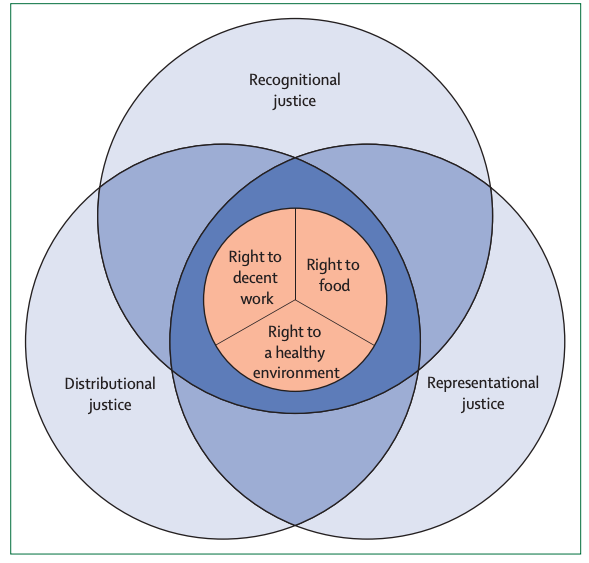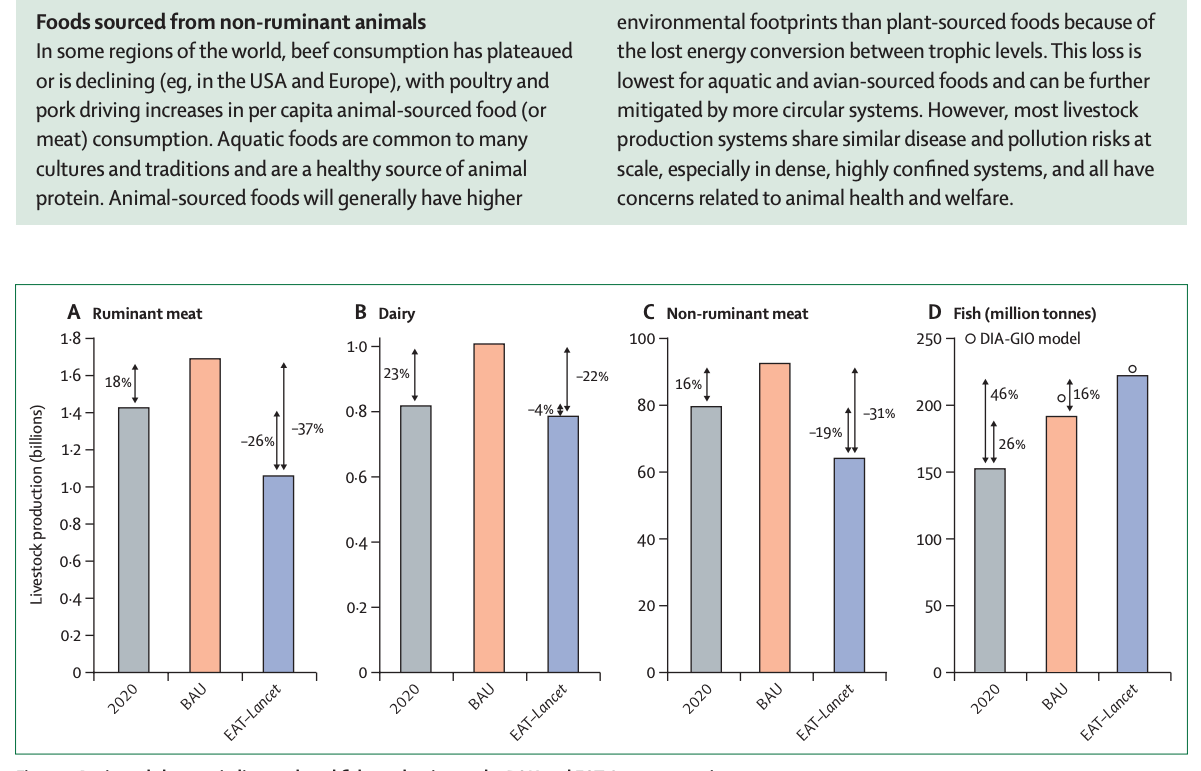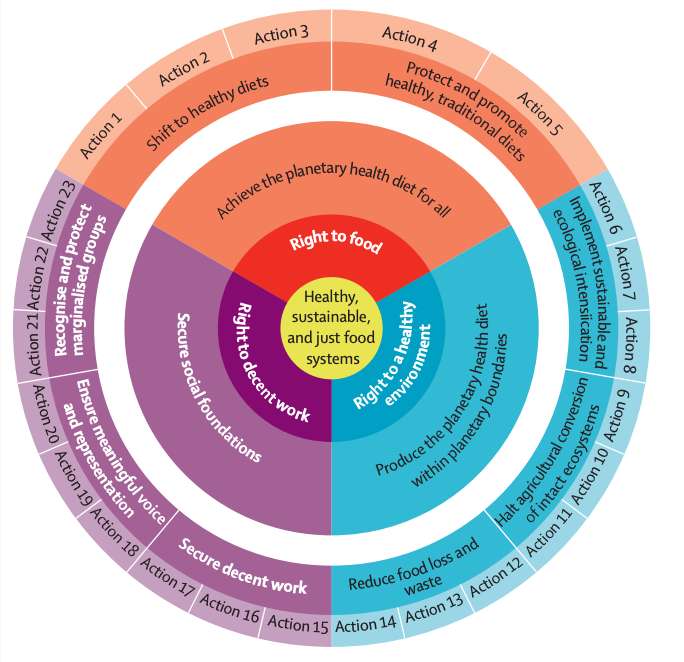Building a Just Food System
What the Latest EAT Lancet Report Gets Right and What Still Needs to Change for UK Farmers

Earlier this month, the EAT Lancet Commission released its long-awaited update on what it will take to build a healthy, sustainable, and just food system by the middle of this century. The headlines were bold with a call for dietary change, a shift in how we farm, and a renewed focus on justice and fairness. As always, though, the real story is found in the details and in what the report means for farmers, rural communities, and anyone who cares about the future of British food.
What the Report Says
The Commission’s new report is ambitious. It argues that food systems must change if we are to stay within the planet’s environmental limits, tackle public health crises, and ensure fairness for everyone involved. At the heart of the report is the “Planetary Health Diet,” which is mostly plant-based but still allows for moderate amounts of animal-sourced foods. The authors claim that shifting to this diet could prevent millions of premature deaths every year and cut food system greenhouse gas emissions by half.
But it is not just about what we eat. The report calls for systemic change in the food environment. That means healthier school meals, better public procurement, and stronger regulation of food markets. Justice is much more prominent this time. The Commission talks about living wages, decent work, and the need to protect marginalised groups, pointing out that the wealthiest drive the most harm, while billions cannot afford a healthy diet.

For farming, the recommendations are familiar but challenging. The report proposes moving away from intensive livestock production, especially ruminants, and increasing the output of fruit, vegetables, nuts, and legumes. It calls for more sustainable and ecological farming, less reliance on pesticides and fertilisers, and stronger protection for natural ecosystems.

The Commission is clear that no single policy will be enough. Instead, it calls for bundles of context-specific policies, strong targets and monitoring, and a commitment to public investment and good governance.
Why This Matters in the UK
Much of what the report discusses is already playing out here. The UK is facing its own food security challenges. We are not self-sufficient in fruit and veg. Diet-related illness and food poverty are rising. Farmers are caught between climate targets, supermarket pressure, and a policy landscape that often feels disconnected from rural realities.

The EAT–Lancet report’s focus on public procurement, support for horticulture, and fair work speaks directly to these issues. Its emphasis on justice and support for smallholders echoes what many UK farmers and campaigners have been calling for.
What NGOs and Campaigners Are Saying
Civil society groups in the UK have broadly welcomed the ambition of EAT–Lancet. Organisations like Sustain, the Food Farming and Countryside Commission, the Soil Association, and the Landworkers’ Alliance all support the focus on health, justice, and environmental limits. They are calling for government leadership, a joined-up Food Strategy, binding targets, and real investment in home-grown healthy food.
But these groups are also clear that healthy, sustainable food must be affordable and accessible for everyone. There is strong support for universal free school meals, fair prices for farmers, and meaningful investment in agroecological transition. Many warn that a one-size-fits-all approach will not work. Policies need to fit local realities, especially in rural and low-income communities. There is a strong emphasis on food sovereignty and local control, and a demand to tackle corporate power in the food system.
Critical Voices and What Gets Missed
Not everyone is convinced by the Commission’s approach.
, an agroecologist and food systems writer, offers a thoughtful critique. He argues that starting with a prescribed diet is the wrong approach. Instead, he believes real transformation should begin with how we farm using regenerative, organic, and place-based systems. Diets will follow from healthy agro-ecosystems, not from top-down targets.Gunnar points out that most recommendations are still grounded in market thinking and do not challenge the economic system that drives inequality and ecological problems. He is particularly concerned about the push to reduce grasslands and ruminant livestock, seeing this as a loss for both ecology and rural communities. He is sceptical that ecological intensification and input reductions can maintain yields and lower prices, especially in high-yielding systems. While he supports many of the report’s recommendations, he finds the proposed policies too weak to drive real change.
Keep reading with a 7-day free trial
Subscribe to Me, My Pigs and I. to keep reading this post and get 7 days of free access to the full post archives.



